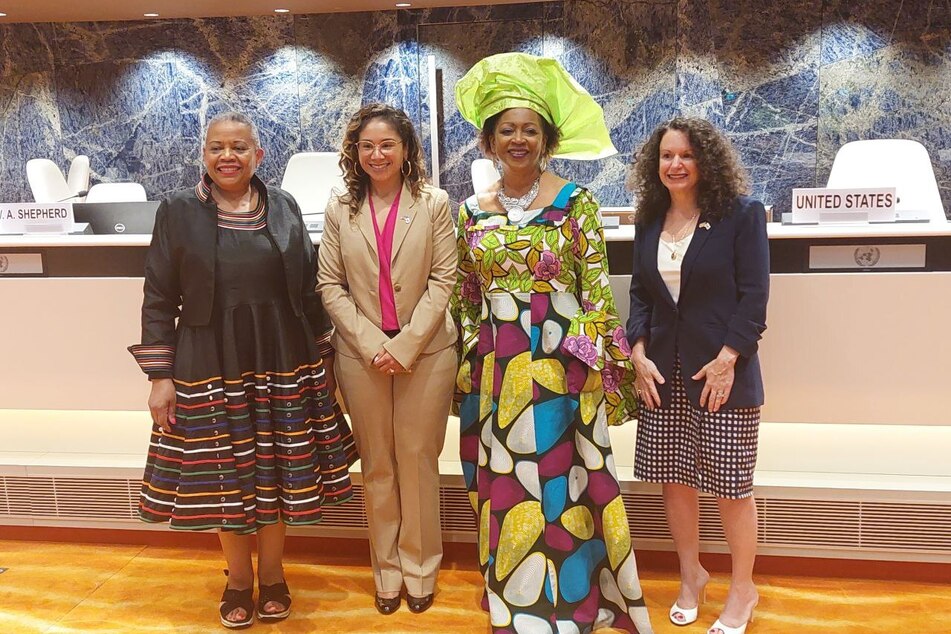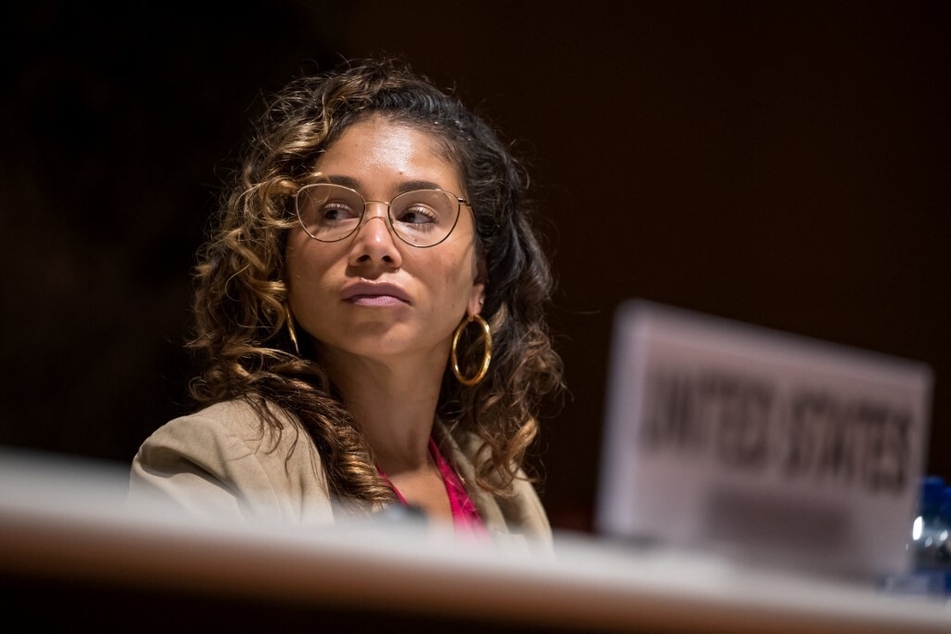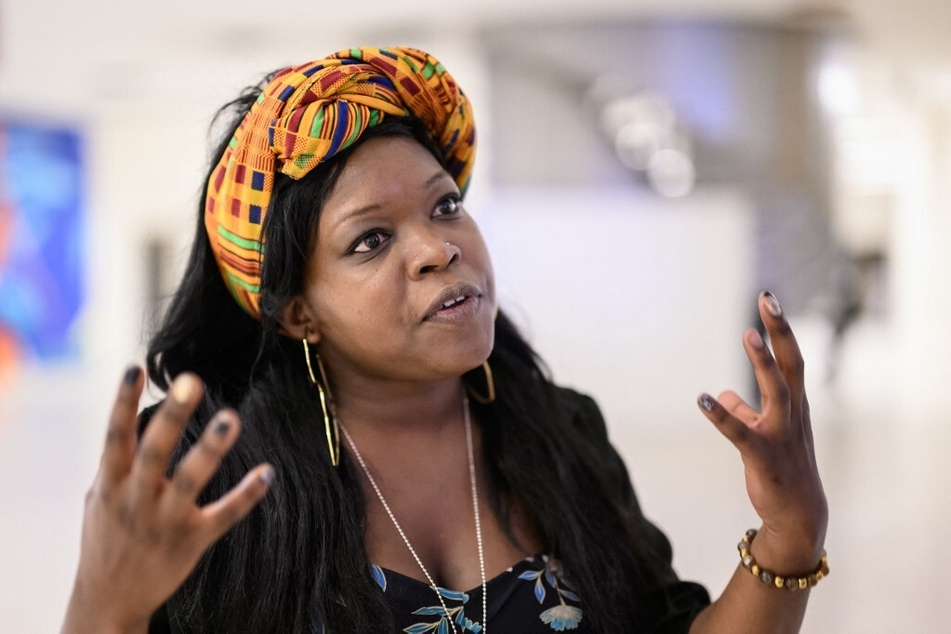UN racial discrimination committee says "the time is right" for a US reparations commission
Geneva, Switzerland - The United Nations' Committee on the Elimination of Racial Discrimination called for the creation of a federal reparations commission in its concluding observations on the United States, issued Tuesday.

Reparations were in the spotlight during the US' review by the UN Committee on the Elimination of Racial Discrimination (CERD) on August 11-12 – the first such hearings since 2014.
CERD is a watchdog group that monitors state parties' implementation of the International Convention on the Elimination of All Forms of Racial Discrimination (ICERD).
Among other provisions, ICERD Article 6 guarantees "the right to seek... just and adequate reparation or satisfaction for any damage suffered as a result of [racial] discrimination."
Ahead of the convention, many NGOs and activists emphasized the need for the US to adhere to its reparative justice obligations under the Convention by passing HR 40, the Commission to Study and Develop Reparation Proposals for African-Americans Act.
In its report submitted for review, the US did not acknowledge the growing push for reparations for Black Americans – a glaring omission given the terms of the Convention and current activism across the African diaspora.
Now CERD has released its final recommendations for the US, specifically calling for the creation of a federal reparations study commission.
US delegation dodges questions on reparations

CERD expressed concern in its final report that "the lingering legacies of colonialism and slavery continue to fuel racism and racial discrimination" in the US.
To address those continued impacts, CERD recommended, among other measures, that the US pass HR 40 and "take the appropriate measures towards the establishment of such a commission to study and develop reparation proposals for people of African Descent."
The recommendation comes after reparations played a key role in the hearings. On the second day of the review, Pansy Tlakula, CERD's US special rapporteur, explicitly asked the US delegation to provide an update on the status of HR 40.
House leadership has failed to bring the bill to a vote despite record levels of support in the lower chamber and among the American public. A growing number of US senators has also expressed approval of the legislation.
Tlakula, who grew up in apartheid South Africa, additionally asked the delegation to speak on the opportunity for President Joe Biden to enact a federal reparations commission by executive order – a move activists have been demanding for months.
By the end of the hearings, the US delegation had failed to address those questions in its answers to the committee's inquiries, which spanned a broad range of topics including immigrants' rights, Indigenous sovereignty, environmental justice, police reform, gun violence, and more.
"You have not responded at all to the issue of reparations," Tlakula noted in her closing remarks after the review.
CERD members discuss the importance of reparative justice and next steps

Tlakula said in a Tuesday press conference that in conversations with the committee, the US delegation appeared "quite willing" to look at the possibility of establishing a reparations commission by executive order.
"Regarding whether we put any time frames on that, we didn't, but we expect that when they come before the committee in four years, they should then tell us what they've done to implement our recommendation," Tlakula told TAG24 NEWS.
In its recommendations, CERD distinguishes between issues of "particular importance," which the US should act upon within the next year, and other measures the committee expects the federal government to take before its next review in four years' time. A reparations commission fell under the latter category.
CERD cannot enforce its recommendations, but the review process and follow-up procedures can add pressure on the US government to fulfill its racial justice obligations.
To push the issue forward, CERD Chair Dr. Verene Shepherd highlighted the importance of continued engagement from activists: "I fully believe that with the pressure in the United States now around the question of reparatory justice that the federal government will act."
"It would have been impossible to have an honest, interactive dialogue with the United States without including the issue of reparatory justice," Shepherd added. "When you look at the widespread [...] human rights violations against people of African descent who are bearing the legacies of enslavement and Jim Crow, I think it would be impossible."
"The time is right for us to raise this issue, even if in the past it wasn't raised."
Cover photo: IMAGO / ZUMA Wire

